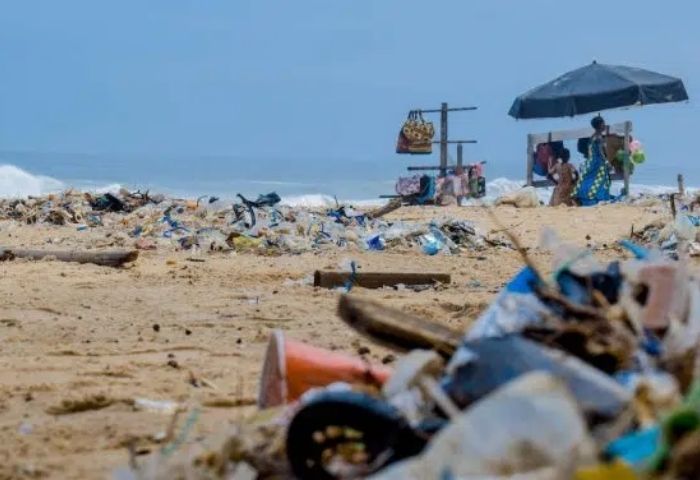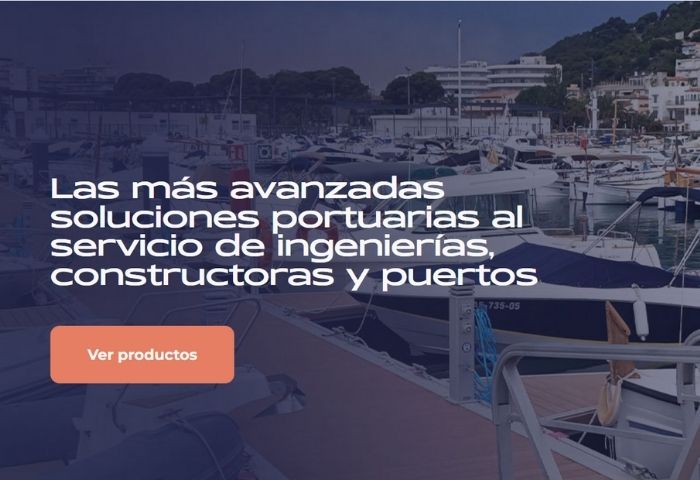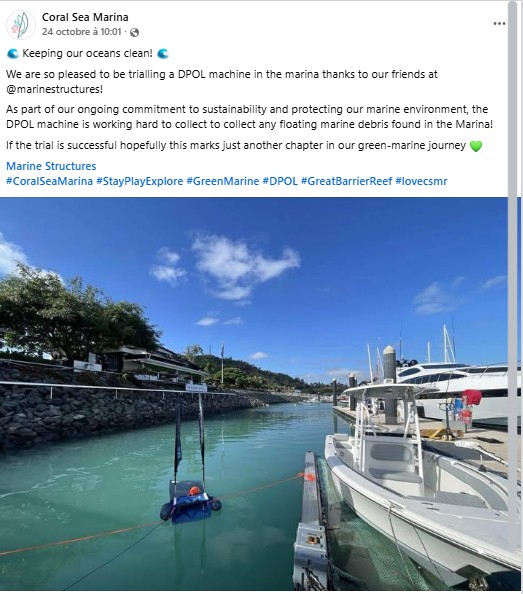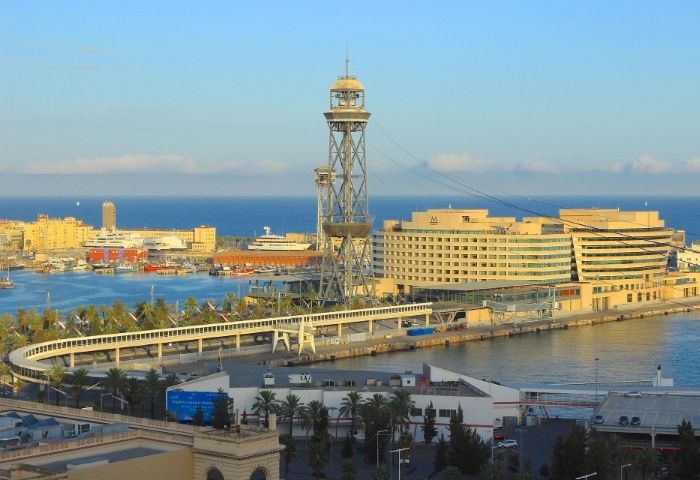Marine pollution—whether plastic or chemical—is more than just an ecological concern. It directly impacts local economies, especially those reliant on beach tourism and artisanal fishing. Polluted shores, unsafe swimming waters, and biodiversity loss all contribute to the declining appeal of coastal destinations and jeopardize the livelihoods of local fishers.
🧳 Spotlight on Bali: A Polluted Paradise
Bali, Indonesia’s tourism gem, welcomes millions of visitors each year who come to enjoy its beaches, surf spots, and vibrant culture. Yet the island faces a recurring issue: massive accumulation of plastic waste along its shores, particularly during the monsoon season (November to March).
In March 2024, Kedonganan Beach in the popular Kuta area was overwhelmed by tons of plastic bottles, wrappers, and cups, carried by winds and rivers from urban centers across Indonesia1. Nearly 300 workers and several excavators were deployed to clean the area, but the sight deeply shocked tourists. Some vowed never to return, citing an experience ruined by visual and olfactory pollution.
This phenomenon, which repeats annually, severely damages Bali’s image. The local economy, heavily dependent on tourism, suffers the consequences: declining bookings, canceled trips, and lost income for hoteliers, restaurateurs, and tour guides.
In the Caribbean, where tourism accounts for up to 50% of GDP in some countries, plastic pollution has already led to reduced visitor numbers at several coastal sites2.
🎣 Fishing Under Threat
Plastic pollution also poses a serious threat to the fishing industry. In Antigua and Barbuda, a study by the IUCN3 estimated that marine plastics caused a 9.2% loss in total fishing revenue in 2019—nearly USD 1.4 million. The reasons are varied:
- Damage to nets and equipment
- Reduced catch due to habitat contamination
- Lost productive time spent on cleaning and repairs
Microplastics ingested by fish are an escalating concern, with potential effects on human health and seafood quality. This can lead to decreased consumer demand and eroded trust in local products.
📉 Tangible Economic Losses
Marine pollution generates both direct and indirect costs for local communities:
- Beach and port cleanup operations
- Temporary closures of swimming and fishing zones
- Damage to tourism and fishing infrastructure
- Revenue loss for local economic stakeholders
In Bali and across the Caribbean, these losses amount to millions of dollars annually. The link between a healthy environment and economic prosperity has never been clearer.
🛑 Prevention Is Key
In response, several regions have adopted measures:
- Bans on single-use plastics
- Strengthened waste management infrastructure
- Awareness campaigns targeting tourists, fishers, and industry professionals
Still, prevention remains the most effective lever. Reducing waste at the source, improving recycling systems, and promoting sustainable practices are essential to preserving coastal appeal and the viability of marine resources.
Conclusion
Marine pollution is not just an environmental issue—it’s an economic one. It undermines tourism and fishing, two pillars of many coastal regions. Investing in cleanup and prevention is also an investment in the long-term economic and social resilience of these communities.







